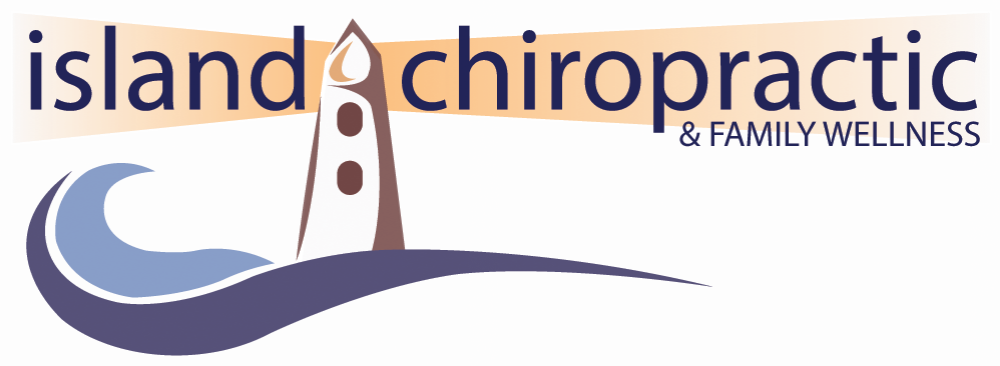The snow is back, forcing us back out there. Guess what? There’s likely much more snow on the way. Snow shoveling is one of the more common back injuries during the winter months. While it is a common injury, it is a preventable injury, if you know the best ways to remove snow without straining the back. Beyond back injuries, cardiac events are highly linked to snow removal
Snow Shovelling injuries reporting to ER in the US:
• 53.9% MOI (mechanism of injury) labeled acute MSK exertion
34.3% Soft tissue injuries to low back
15.9% Injury to the arms and hands
fractures (from slips or falls)
14.7% Injury to the head (laceration)
6.7% Cardiac related
Shovelling Prep
Dress appropriately
Shoes/boots with grip
Dress in layers
Warm head/hand gear
Choose the right tools
Weight (too heavy)
Length (too long for your height)
Bucket size (lifting too much snow)
Function (some shovels are meant for pushing, some for lifting)
Ergonomic shovels (easier to stay upright, found reduction in the amount of
low-back flexion and low-back joint loading however, users may be at higher risk of injury due to lower levels of perceived exertion or poor form)
Shovelling Tips
Warm up – little walk, gentle stretch
Pick a pace – lighter loads, take breaks
Divide and conquer - work in sections and take frequent breaks
Watch for signs of overexertion or hypothermia
Push, don’t throw
No twisting! (bend-twist mechanism)
Face towards where you want the snow to go
Use two hands
If you must lift, bring one hand as close to the blade as you can, bring the load as close to your
body
Use your hips and your knees
Walk the load to where you want it to go
Get somebody else to do it!
If you do feel an injury after shovelling, make an appointment asap even if you think it’s nothing. Pain is the “check engine” light of the body - it tells us that something is abnormal and risk for reinjury is higher after the first incidence of pain.
How Chiropractors help
Decrease pain
Reduce recover times
Increase joint mobility
Increase strength and endurance
Help identify risks / prevent injury
Help with fitness goals
To book a session with our doctors or massage therapists click HERE

